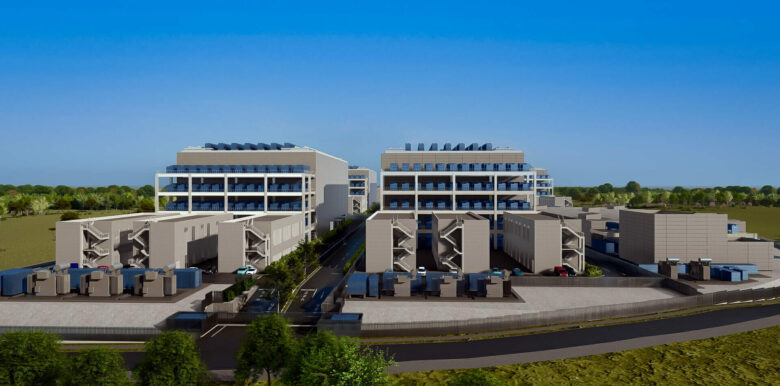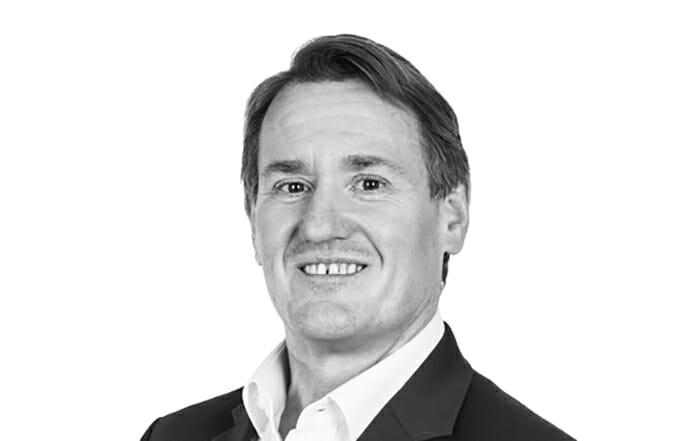
At 300MW, AirTrunk’s TOK1 in Japan is one of the region’s biggest data centre projects under development
With 314 new sites in development worldwide, the number of hyperscale data centres is expected to pass 1,000 by the end of 2024 — up from 500 five years ago, according to JLL.
The hyperscale market is expected to deliver a compound annual growth rate of 20 percent from 2021 to 2026, as tech firms look to meet surging demand for data processing and heavy storage requirements, the consultancy said in its 2023 Global Data Center Outlook.
The status of regional hubs Tokyo, Hong Kong, Singapore and Sydney remains sound, with a combined 3,000 megawatts of total inventory and 765MW under construction, but users are increasingly considering other hubs and edge markets — including Jakarta and Mumbai — as mobile phone usage grows, JLL said.
“Just five years ago, campus build sizes were commonly around 50MW,” said Chris Street, managing director and head of data centres for Asia Pacific at JLL. “Today, it is not uncommon to see builds of 100MW or more.”
Labour Challenges
Asia Pacific accounted for 26 percent of global hyperscale data centre capacity in 2022, trailing the US (53 percent) but outstripping Europe (16 percent) and the rest of the world (5 percent). And while APAC’s mature markets are seeing huge gaps in capacity, they are being bridged quickly with large new builds, JLL said.

Chris Street, Managing Director, Data Centres, Asia Pacific, JLL
On the minus side, the hyperscale boom is creating staffing challenges: 53 percent of data centre operators globally are struggling to find qualified candidates, while 42 percent face challenges in retaining workers.
In APAC, data centre and cloud companies are addressing the skills shortage by opening dedicated educational institutions. Microsoft opened its first Datacenter Academy in Singapore last year, and Oracle has started a free training programme in the city-state to expand the local IT talent pool.
“For data centre users, outsourcing all their operations or hiring a third-party specialist can help mitigate labour challenges,” said Glen Duncan, data centre research director for Asia Pacific at JLL. “Those who react the fastest to respond to the twin challenges of talent and sustainability stand to benefit from cost and operational efficiencies perspectives.”
Sustainability in Focus
With initiatives like Singapore’s three-year data centre moratorium setting standards for mitigating the climate impact of the industry, sustainability has become a standout theme.
The city-state ended the construction freeze in early 2022 as data centre developers were invited to apply for new projects, so long as they met objectives of decarbonisation and efficiency. More than 50 builders applied under the first phase of the pilot programme.
“Encouragingly, many Asia Pacific businesses have embarked on purpose-driven sustainability programmes to deliver impact on climate action for sustainable real estate,” Duncan said. “With more operators looking to use innovative solutions for energy efficiency, we are confident that the sector’s green ambitions would further advance.”
Leave a Reply